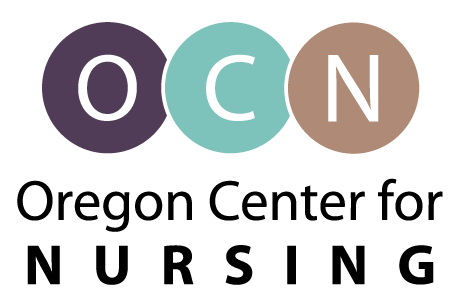Leaders are responsible for their staff experiences, roles, and well-being. As such, leaders can:
- Be acutely aware of the physical and mental well-being of every single employee. (1)
- Work alongside staff to identify and address well-being challenges. Staff should be given a safe space to express concern and discuss personal and work-related factors that inhibit their well-being. (1,2)
- Know their staff on a human level to be able to identify when performance factors, moods, character, or demeanor could be askew and provide opportunities for supportive discussion. (3)
- Help staff in navigating the loss of routine, familiarity, certainty in the future, health, patients/clients, or loved ones through grief leadership. (3)
- Include staff in deciding resource options to pick meaningful, feasible, and useful choices that staff would adopt (4)
- Promote autonomy, personal and professional growth, and physical and mental well-being. (2)
- Establish occupational safety as a priority. (2)
- Value the human aspects of the workforce and recognize the unique contributions of each employee. (1)
References:
- Markey, K., Ventura, C. A. A., Donnell, C. O., & Doody, O. (2020, November 6). Cultivating ethical leadership in the recovery of COVID‐19. Journal of Nursing Management, 29(2), 351–355. https://doi.org/10.1111/jonm.13191
- Irshad, M., Majeed, M., & Khattak, S. A. (2021, June 21). The Combined Effect of Safety Specific Transformational Leadership and Safety Consciousness on Psychological Well-Being of Healthcare Workers. Frontiers in Psychology, 12. https://doi.org/10.3389/fpsyg.2021.688463
- Morganstein, J. C., & Flynn, B. W. (2021, March 11). Enhancing Psychological Sustainment & Promoting Resilience in Healthcare Workers During COVID-19 & Beyond. Journal of Occupational &Amp; Environmental Medicine, 63(6), 482–489. https://doi.org/10.1097/jom.0000000000002184
- Hughes, M. T., & Rushton, C. H. (2022, February 23). Ethics and Well-Being: The Health Professions and the COVID-19 Pandemic. Academic Medicine, 97(3S), S98–S103. https://doi.org/10.1097/acm.0000000000004524
